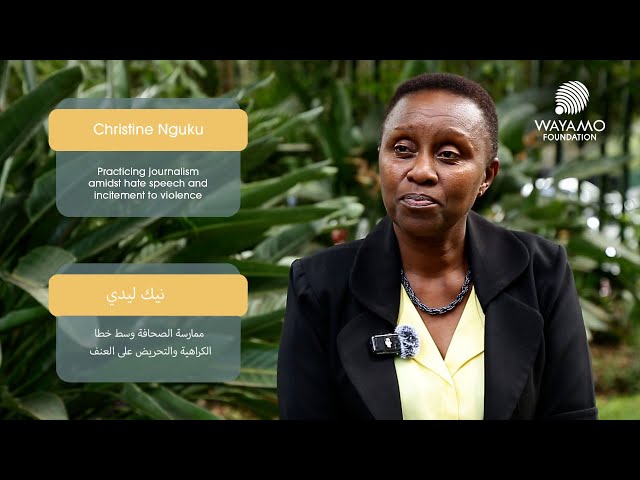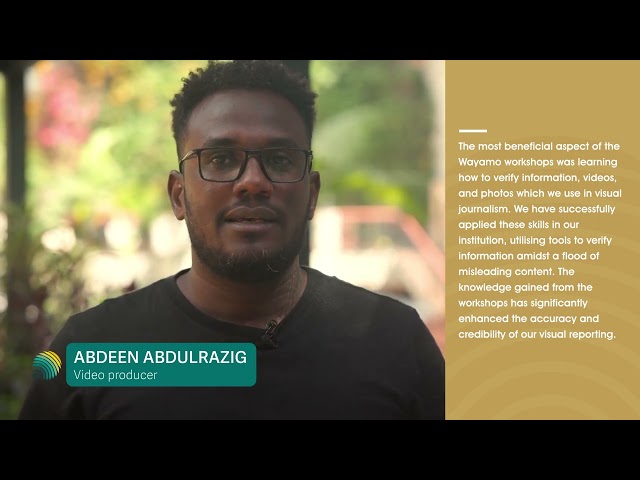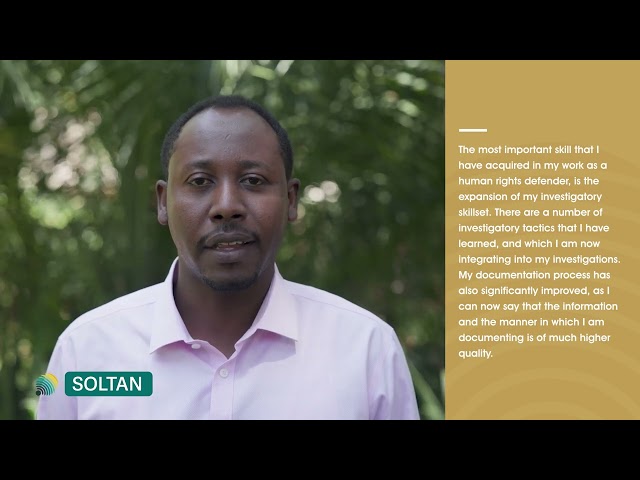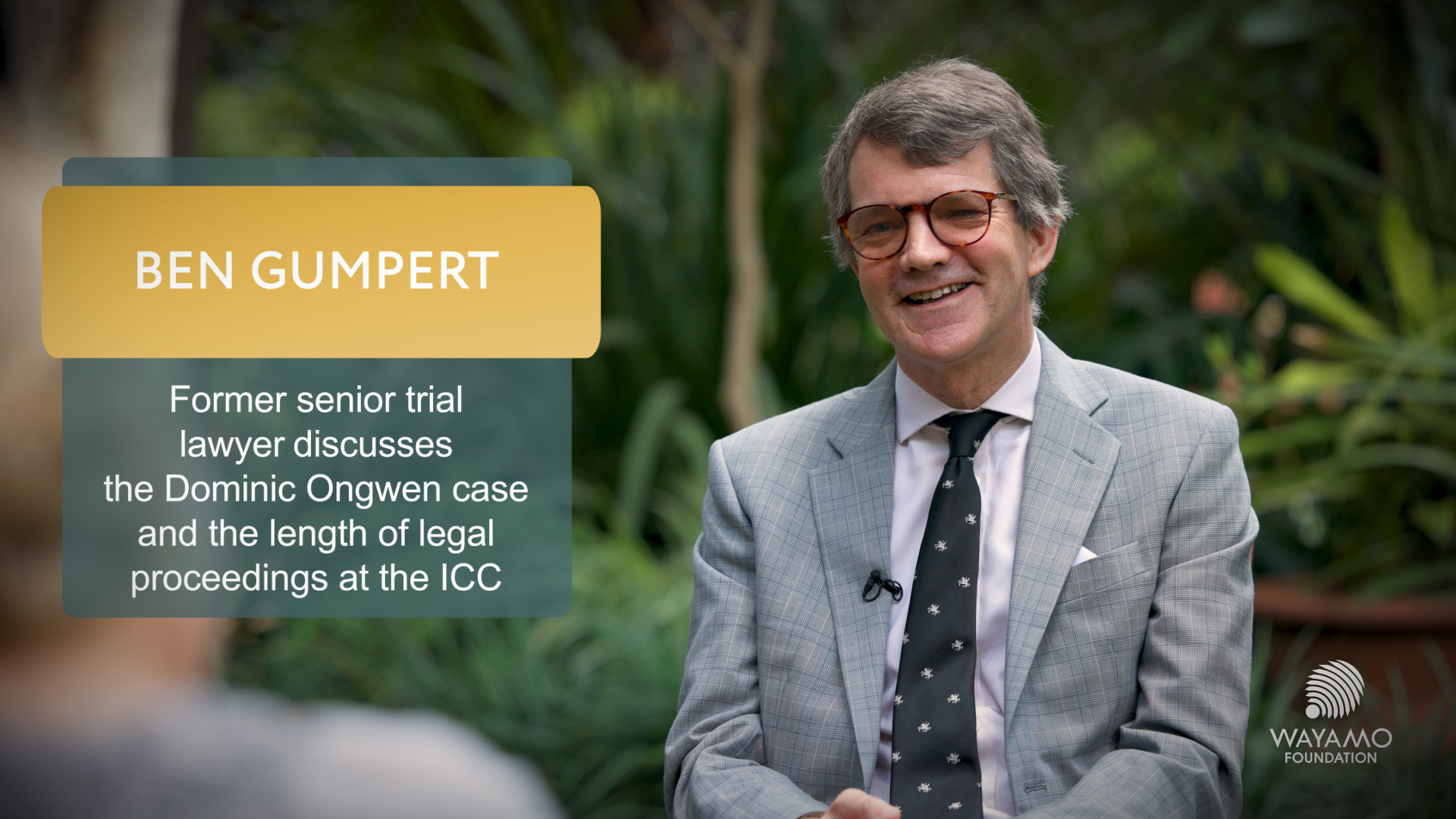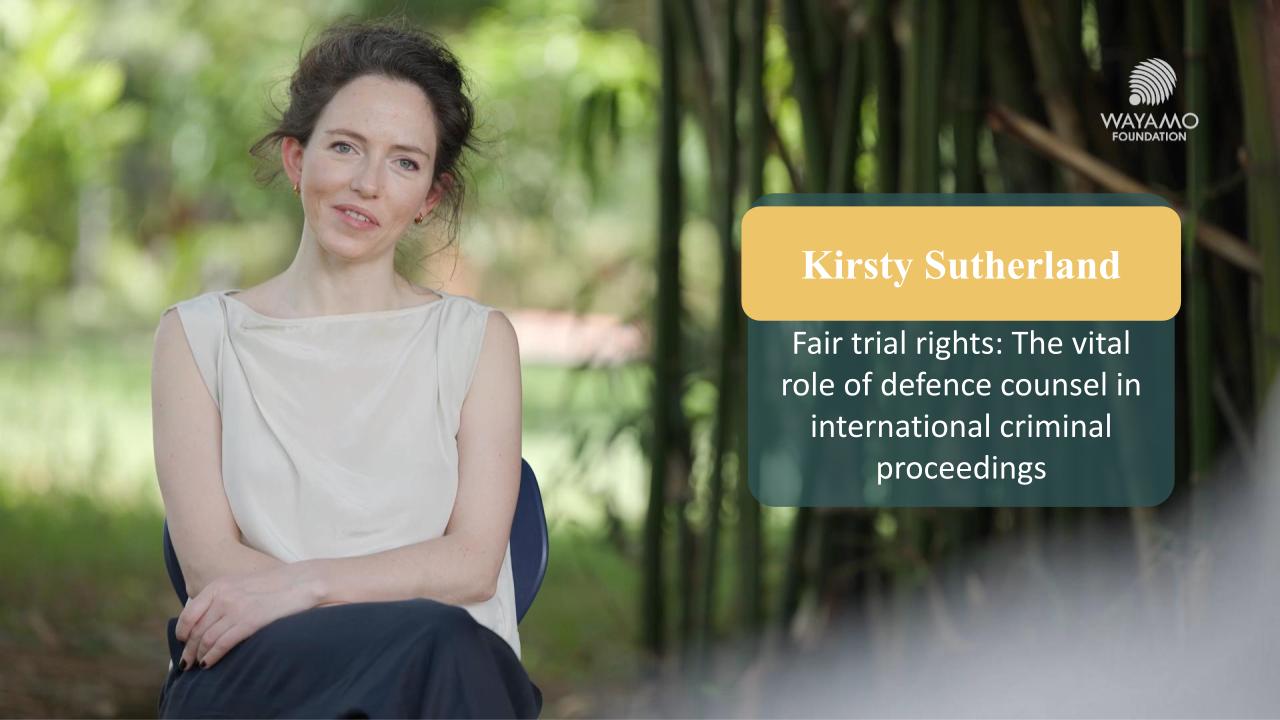6-11 July 2017
Interview with Toussaint Muntazini, Special Prosecutor of the Special Criminal Court in Bangui, Central African Republic, by Wayamo Foundation East Africa Co-ordinator Judie Kaberia: Dakar, Senegal, 8 July 2017. ENGLISH TRANSLATION BELOW.
-Judie Kaberia-
What lessons are being learned from similar courts, and have we recorded any progress?
-Toussaint Muntazini-
Indeed, there are a lot of lessons to be learnt from the functioning of previous courts. One of the most important of these is the central role of victims’ participation in the trial, which entails their protection. And to protect the victims, they need to know what to do, and you need to know how to handle their expectations, something that requires a lot of outreach. So, you need to organise the victims in specific victim groups/associations and these groups need to be supported by lawyers.
The second lesson is that, with the magnitude of crimes committed, we need to draw up a prosecution strategy that will guide the SCC’s range of action with great precision. This prosecution strategy needs to be made public as soon as possible, in order to manage the victims’ expectations, which can sometimes be tremendous.
-Judie Kaberia-
How important is political will in prosecuting international crimes,
especially in such specialized courts?
-Toussaint Muntazini-
Political will is one of the core criteria for the success of a court. You know that Article 17 of the Rome Statute states that the ICC will intervene if there is a lack of political will or lack of capacity. So, if there is a lack of political will, it is very difficult for a hybrid or international court to function. In the case of the Central African
Republic, I noticed a great deal of political will at the highest level, and this political will is ongoing. Remember that this court was created by a law that was adopted by the transitional President, put into practice by the elected President, and is today being operationalised by the Government through the Ministries of Justice and the Interior, and by the UN. So, the political will is there.
The SCC is independent and should not be seen as a court of the United Nations or of the Government of the Central African Republic. It needs to show its impartiality through its actions, relating to the investigation and the parties to the conflict. All this needs to be defined in the prosecution strategy, so that the work of the SCC will be perceived as impartial and objective.
-Judie Kaberia-
How important is the role of participation of victims in specialized
courts?
-Toussaint Muntazini-
The participation of victims is central to procedures such as those undertaken by the SCC. When a country is confronted by long-lasting armed conflicts, its justice system and governmental structures are in ruins, administrative records no longer exist, and often only the testimony of victims and witnesses can be relied on. So it is important to get in touch with the victims as early as possible and explain to them what the SCC can do. This is also a way to better manage their expectations because these are very high, and to explain the parameters of the SCC’s work to them, so that trials that cannot be conducted before the SCC can be reoriented towards the national courts.
-Judie Kaberia-
And are we saying the only way to address impunity in Africa is through hybrid or such specialised courts?
-Toussaint Muntazini-
The fight against impunity needs to be holistic. Hybrid courts are only one transitional justice mechanism. Hybrid courts intervene on the level of repression but there are other mechanisms of transitional justice, such as truth and reconciliation commissions and non-judicial reparation. It is true that, if courts such as the SCC successfully complete their mandate –for instance, in the SCC’s case in five years’ time- hopefully the national courts will have built their capacities and the SCC will thus have left a heritage to Central African courts. We think that this, among other things, is the mission that has been assigned to the SCC.

